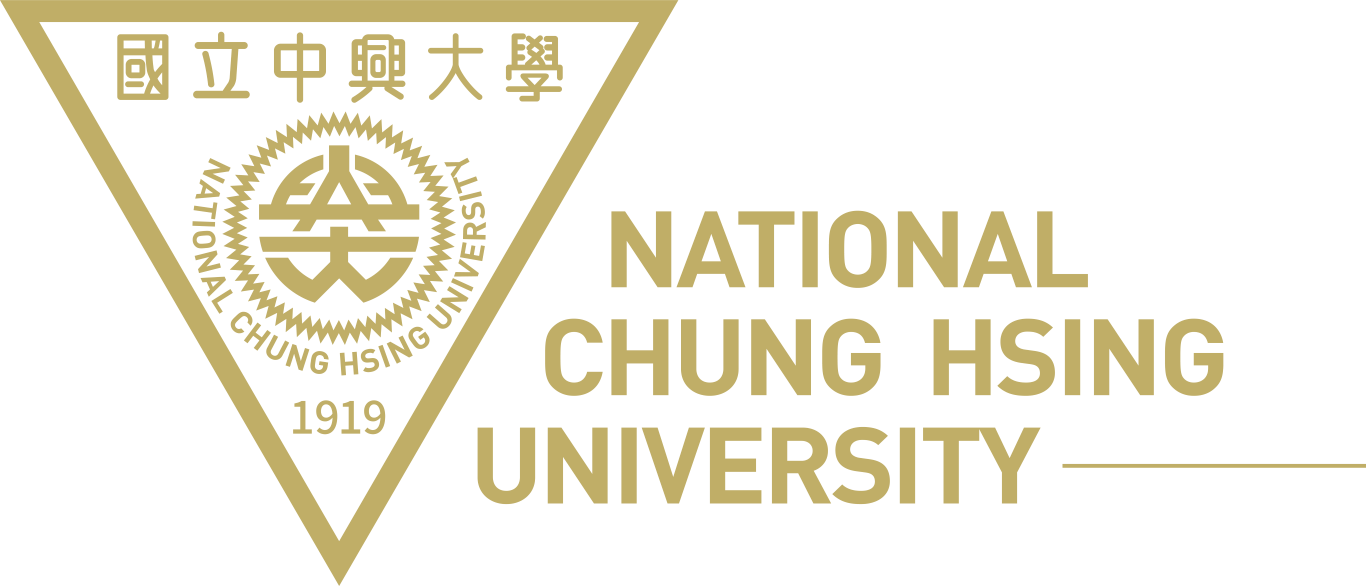Category: Enrollment and Courses
Please click the following items to see more.
Enrollment and Courses (8)
The curriculum framework for and related information on general education courses can be found on the General Education Center’s webpage under the Course Announcement section.
Beginning in Academic Year 2019–20, Information Literacy: Computer Programming and its Applications is now a compulsory general education course for all students except international students and continuing education undergraduate students. Please visit the General Education webpage for a list of departments that are exempt from the course. All freshmen at the University will automatically be pre-enrolled in the course. The course is conducted in two sessions, with the first taking place in the first nine weeks of the semester and the second in the last nine weeks.
Cancellations of and classroom changes for existing general education courses will be announced.
Each student may take up to one physical education (PE) course of their choice per semester. Daytime undergraduate students may not select PE courses designated for continuing education undergraduate students, and vice versa. Please select PE courses via the academic system within the course selection period stipulated by the Division of Curriculum. Students admitted in or after Academic Year 2022–23 must take two semesters of PE courses before graduation, with up to two additional PE credits counting toward a student’s graduation credits (only if permitted by the student’s department). The University also offers Interaction Adjustment courses for students who are unable to take part in regular PE courses. Transfer students, readmitted students, and students who have been approved to take PE courses at another institution domestically or abroad, may apply to transfer PE credits within the application period stipulated by the University. Please refer to the course selection notice for matters related to clothing requirements for PE classes and other course-specific regulations.
Navigate to the NCHU homepage, click (tap) on the “Single Sign-On” link, and log into the system with your username and password. Once logged in, select “System Portal/Academic Affairs System” and then select “Course Management”:nn1. In the “My Course” view, you can fill in the syllabus for each course to help students better understand the course contents. The following information can be supplied on the Academic Affairs System: course outline, weekly lecture topics, assessment methods, list of references, course materials, and office hours.nn2. In the “Course History” view, you will see a list of courses you have previously offered.
Students must log into the Academic Affairs system to browse, select, add/drop (with authorization), deregister, or withdraw from courses on a semesterly basis. We are currently in the process of translating the system interface and the course selection guide into English to allow international students to select, add/drop, deregister, or withdraw from courses without any assistance from local counterparts.
We are currently in the process of translating the Academic Affairs System’s user interface into English so that international students will be able to use the course inquiry, course selection, add/drop, deregisration, and withdrawal functions during the course add-drop period, and will be able to select their desired courses anywhere in the world without difficulty.
Non-credit Chinese language courses are primarily offered as intensive courses in the spring, summer, autumn, and winter terms. Each of the terms lasts approximately three months.nnClass meeting time: 9 a.m. – 12 p.m., Monday – FridaynnTuition per term: NT$27,000 ; NCHU faculty/staff/students and exchange students are entitled to a discount.In addition to extensive courses, we also offer customized Chinese language courses, summer camps, and a wide range of other programs.nnIn order to give students a deeper understanding of traditional culture, the Chinese Language Center designs various types of cultural lessons (such as couplet writing, pottery making, Chinese zither playing, taichi, etc.) for students to gain hands-on learning experiences.

